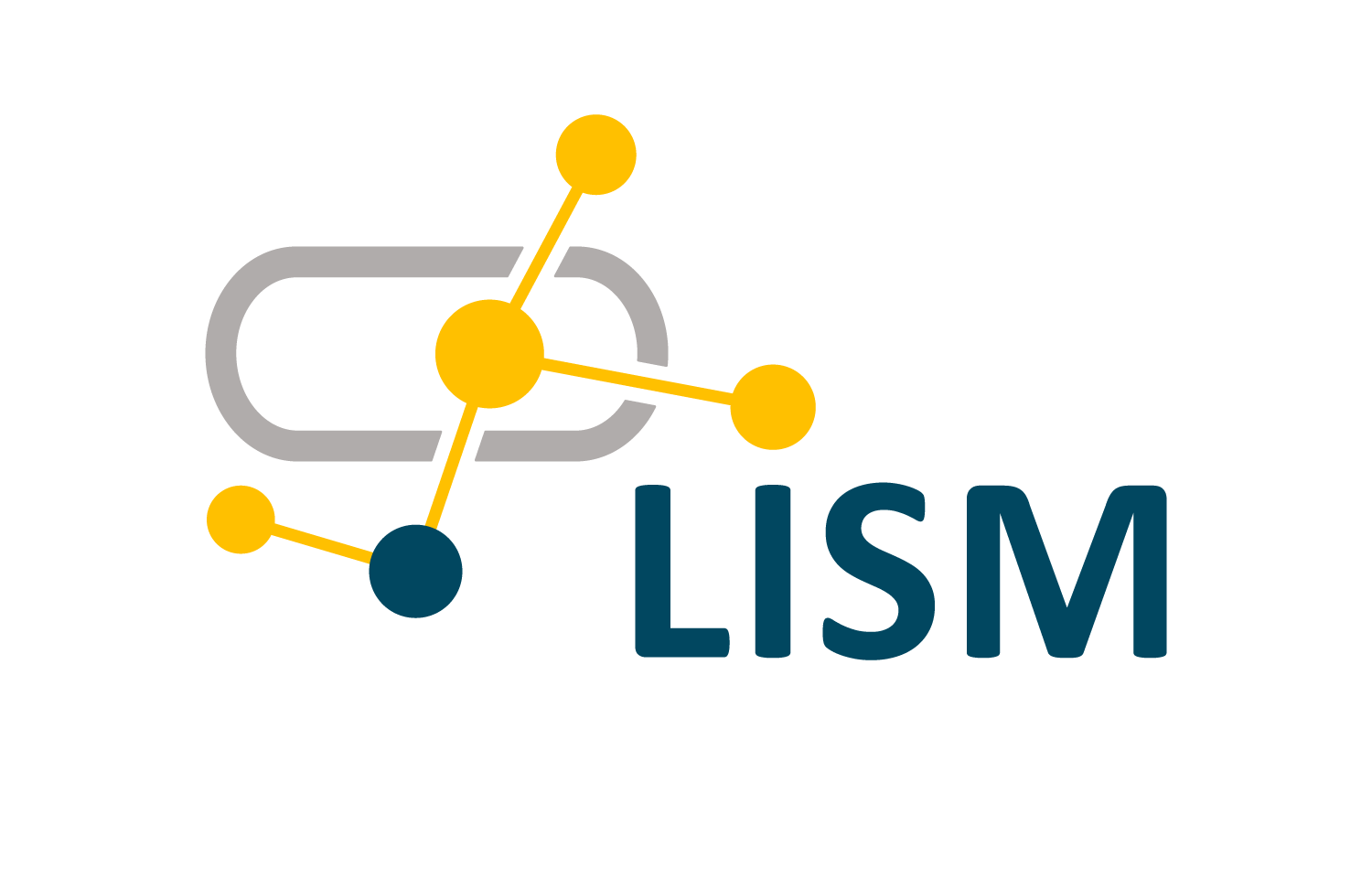The Pseudomonas aeruginosa opportunistic pathogen and human infections.
Résumé
Pseudomonas aeruginosa, a Gram-negative environmental species and an opportunistic microorganism, establishes itself in vulnerable patients, such as those with cystic fibrosis or hospitalized in intensive care units. It has become a major cause of nosocomial infections worldwide (about 10% of all such infections in most European Union hospitals) and a serious threat to Public Health. The overuse and misuse of antibiotics have also led to the selection of resistant strains against which very few therapeutic options exist. How an environmental species can cause human infections remains a key question that still needs elucidation despite the incredibly high progress that has been made in the P. aeruginosa biology over the past decades. The workshop belonging to Current trends in Biomedicine series, which was held under the sponsorship of the Universidad International de Andalucia between the 8th and the 10th November 2010 brought in the most recent advances in the environmental life of P. aeruginosa, the human P. aeruginosa infections, the new animal models to study Pseudomonas infections, the new genetic aspects including metabolomics, genomics and bioinformatics and the community lifestyle named biofilm that accounts for P. aeruginosa persistence in humans. This workshop organized by Soeren Molin (Danemark), Juan-Luis Ramos (Spain) and Sophie de Bentzmann (France) gathered 46 researchers coming from 11 European and American countries in a small format and was hosted in the 'Sede Antonio Machado' in Baeza. It was organized in seven sessions covering animal models for P. aeruginosa pathogenesis, resistance to drugs, regulatory potency including small RNA, two component systems, extracytoplasmic function sigma factors and trancriptional regulators, new therapies emerging from dissection of molecular mechanisms, and evolutionary mechanisms of P. aeruginosa strains in patients.
